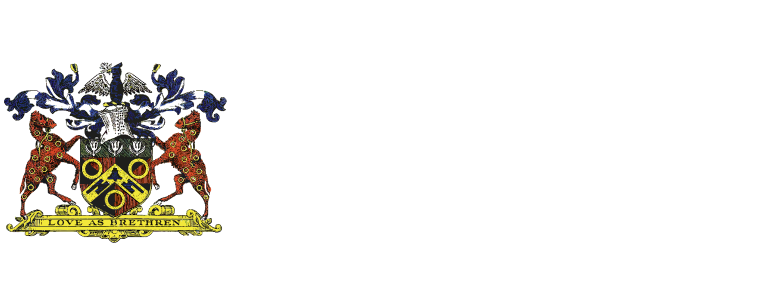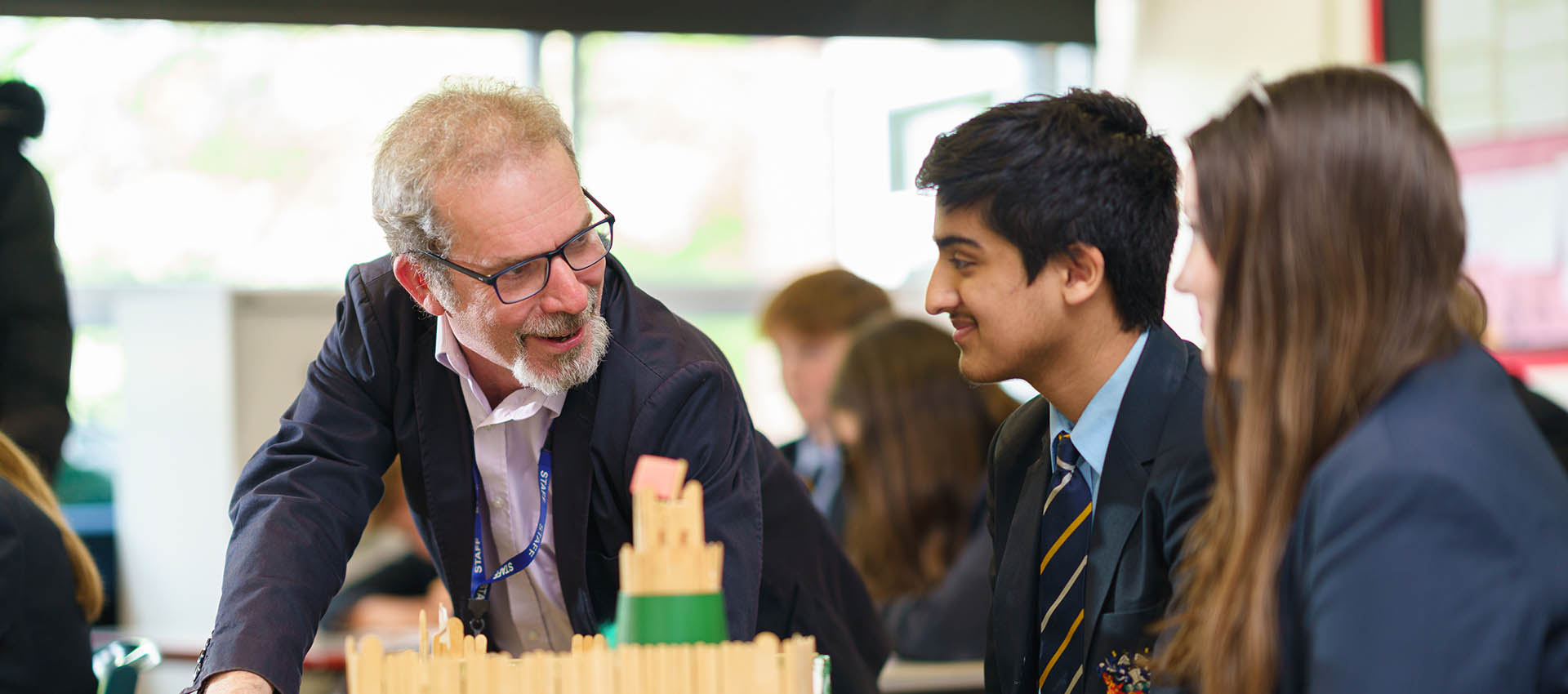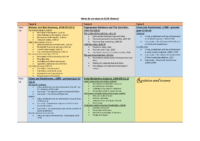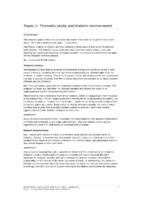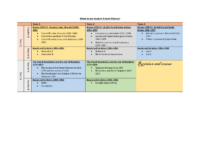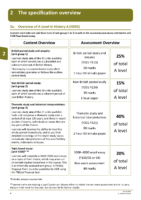History
“The aim of the historian, like that of the artist, is to enlarge our picture of the world, to give us a new way of looking at things” – James Joll
The History Department seeks to develop the students’ understanding of past human experience in all its diversity. In studying a particular period we aim to show the interplay of factors: religious, political, social, economic and cultural. We develop the skills of the historian: use of sources, evaluation, analysis, rigorous argument, both oral and written, and the appreciation of historiography.
The history department is staffed by five fully-trained history teachers who teach across key stages 3-5 and all classes are taught by history specialists. The majority of lessons are taught in the three history rooms on the top floor of the Humanities Block. The Head of Department is Simon Barrington.
Studying History at Key Stage 3
History at the Coopers’ Company and Coborn School is a very popular and exciting subject. We are currently redesigning our curriculum to make what we offer students challenging, engaging and relevant to their lives today. Through the study of history from Years 7 to 9 students will obtain a deeper understanding of the history of the United Kingdom, of it’s colourful history, it’s people and it’s institutions. They will also learn vital aspects of the history of other parts of the world – Europe, Asia, America and Africa. At the same time they
will learn valuable skills which will enhance their future ability to study history or an other subject and be encouraged to consider a wide range of views and interpretations in a tolerant and open-minded way.
Studying History at GCSE
GCSE History at the Coopers’ Company and Coborn School is a very popular option and every year many students choose to continue studying the subject. We offer the Edexcel GCSE (9-1) History (1HIO). The units we currently study are:
Crime and Punishment c1000AD – present (including historic environment study of the Whitechapel)
Early Elizabethan England 1558 – 1588
The Cold War and International Relations 1941 – 1991
Weimar and Nazi Germany 1918 – 1939
Studying History at A-level
We currently offer OCR A-level History A (H505) which consists of four modules
A British period study and enquiry (25%)
A non-British period study (15%)
A thematic study with historical interpretations (40%)
A topic based essay (coursework) of 4,000 words (20%)
What will you learn about?
Britain 1930-1997 – this comprises of a detailed study of the career of Winston Churchill 1930-51 and an overview of British political and social history 1951-1997. Students will have to respond to source based enquiries on Churchill and write period study essays covering the post-war period.
The French Revolution and Napoleon 1774-1815 – this is an in-depth study of one of the defining eras in modern European history. Students will complete two written responses requiring them to analyse and evaluate features of the period.
Russia and its rulers 1855-1964 – this is a synoptic overview of Russian history taking you through the political transformation from tsars to communist dictators. Students will be required to complete three exam questions looking at synoptic writing and differing historical interpretations.
Students have to submit an extended essay on an aspect of history. This will require analysis of first hand evidence and evaluation of different historical interpretations as well as detailed knowledge of the period in question.
To be successful in this subject students will need to be good at and enjoy:
Students should, first and foremost, have a passion for history and an enquiring and analytical mind. Studying history at A-level will require extensive reading and research as well as the ability to express oneself with clarity, accuracy and succinctness. Students will also be expected to engage in lessons, make presentations in class and talk confidently about their ideas and opinions. Students will be required to work in their own time and embark on their own additional reading around the subject.
Progression routes & career opportunities
History will bring positive change to the way you read, write, think and communicate
The strengths of History as a qualification lie in the possibilities and opportunities it opens up as it is a subject that is highly respected by universities and employers. It is recognised as a ‘facilitating subject’ by the Russell Group of 24 leading UK Universities. The skills it teaches you will prepare you for an almost endless array of career opportunities. Becoming a History teacher or other form of professional historian are not the only options available. History graduates forge successful careers as diverse as law, journalism and the media, business, finance, politics, civil service, chartered accountancy, graduate management, politics and tourism. In an ever-changing jobs market, the transferable skills you gain in History will put you in a very strong position. Studying history will help you to develop the ability to:
- Understand and analyse issues and events to a high level of competence.
- Think critically and reflectively.
- Express yourself clearly both orally and in writing.
- Organise material in a logical and coherent way.
- Gather, investigate and assess material.
- Form convincing and substantiated arguments.
- Conduct your own research and organise your findings.
- Work independently in a way that is required at university and beyond.
Workers in the legal profession often value history students for their highly prized critical and reasoning skills, many politicians (including the former Prime Minister, Gordon Brown) studied history whilst at school. As well as this, employers in publishing, journalism and the media value the study of history with the subject’s emphasis on written expression and research of issues proving valuable to employers in this field. There will always be opportunities for those who can apply the lessons of the past to the problems of the present.
Homework/extended learning
A variety of homework tasks will be regularly set. These include: reading, research, viewing of specified documentaries and films, writing essay plans, individual and collaborative tasks.
Students will be required to use Google Classrooms to access and submit some homework.

